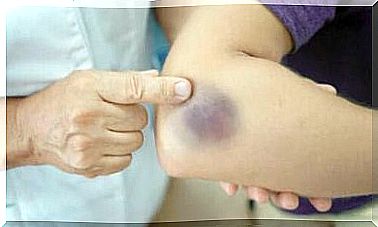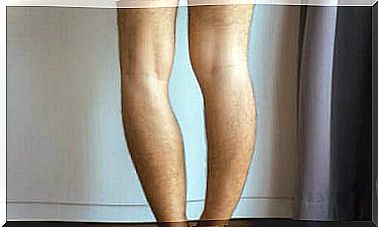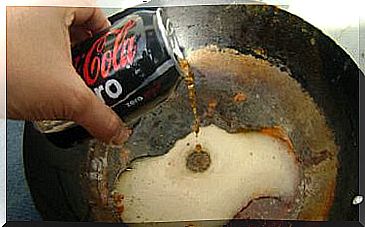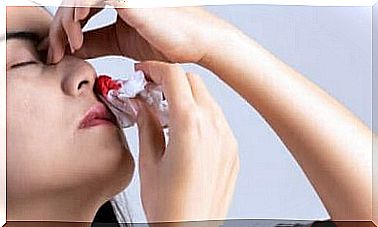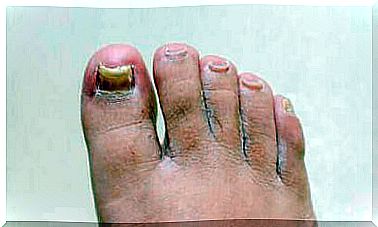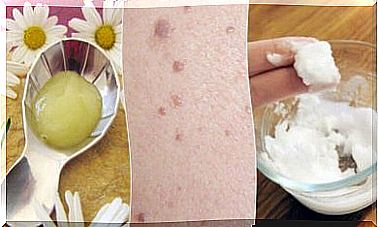8 Signs That You Are Not Drinking Enough Water
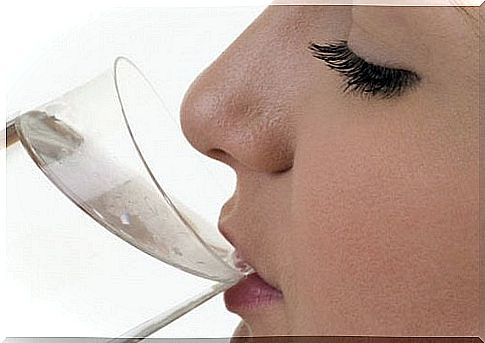
It is estimated that around 70% of the human body consists of water, and therefore you can not go further than a week without drinking it before you risk your life. Do you drink enough water?
This vital fluid is important for the metabolic and catabolic reactions in the body, in addition to being important for healthy skin, healthy hair and healthy nails.
The problem is that sometimes you do not give your body the required daily amount of water, and as a result you can develop more physical and mental disorders.
Although thirst is the most obvious sign of dehydration, there are other strong signals that warn you when your fluid levels are dangerously low.
Signs that you are not drinking enough water
1. Changes in urination

A healthy person should urinate around six to seven times on average a day. However, this can vary from person to person, depending on the amount of fluid they drink during the day.
If you only need to urinate two to three times a day, it is important that you increase your water intake, and if possible, you should see a doctor.
Poor water intake directly affects the health of the kidneys, and it can lead to other serious complications.
2. Regular headaches
Regular headaches can be the result of an imbalance in your body fluids.
Water is important for maintaining proper blood flow and balancing the body’s inflammatory responses.
When you get a headache due to dehydration, the pain is often more intense as you move.
A person who does not drink enough water may feel intense pain when trying to move quickly or trying to get some exercise, such as going up or down stairs.
If you think that lack of fluid is what is causing your headaches, it is wise to drink water mixed with mineral salts.
3. Dry mouth
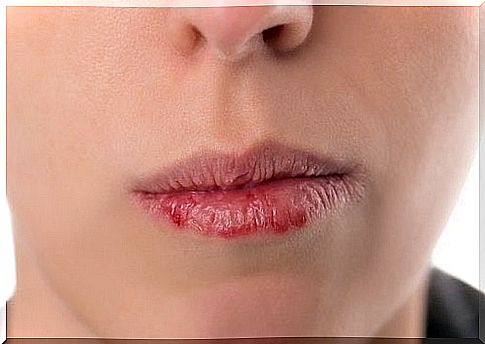
Dry mouth is very common when your body does not have enough fluid to produce saliva properly.
The risk with this problem is that the pH value in your mouth becomes unbalanced, which can lead to infections in the mouth and throat.
If you have this condition, it is important to have a water bottle nearby and that you use a cream or similar to moisturize your lips.
4. Changes in the color of your urine
A change in the color of your urine is always a red flag, especially when accompanied by a strong odor.
When you do not drink enough water, your kidneys have problems getting rid of toxins, and this can drastically change the color of your urine.
If it is dark or cloudy, you should consult a doctor to rule out chronic dehydration or kidney disease.
To solve this, increase your water intake gradually. Drinking several glasses of water at once can lead to other serious problems.
5. Fatigue

Dehydration prevents oxygen from reaching the cells in your body, leading to severe episodes of chronic fatigue.
Some people think they can fix this with a cup of coffee or energy drink, but this overloads the liver and can aggravate the situation.
To avoid this, keep your body hydrated with a glass of warm water every morning.
6. Muscle cramps
Along with dehydration, not drinking enough water can change your levels of electrolytes.
This means that your levels of potassium, calcium and magnesium are reduced, leading to muscle cramps and pain.
7. Constipation
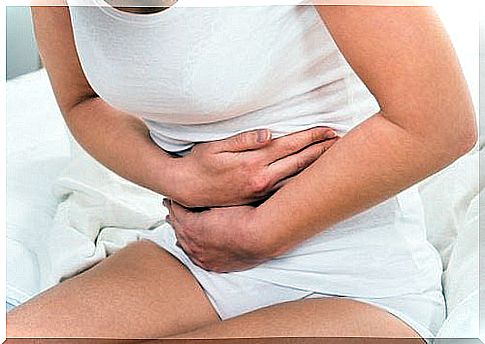
Daily water intake is essential to keep the gut hydrated and prevent constipation.
If your fluid intake is low, it becomes difficult for the digestive system to expel waste. This allows it to remain in the colon.
To avoid this, it is recommended that you drink six to eight glasses of water a day, as well as that you eat fruits and vegetables rich in fiber.
8. Dry skin
To have a hydrated, smooth skin, you need to do more than apply creams and serums.
Your daily water intake prevents changes in your natural oil production, avoids dryness, and helps eliminate toxins that accelerate aging.
If you notice that your skin does not produce oils, it is a sign that you are dehydrated and need to drink more water.
To conclude: Many of your body’s functions depend on your water intake. Not getting enough water can cause unwanted reactions and diseases.
It is important to treat these symptoms of dehydration immediately to avoid the risk of developing more serious disorders.
